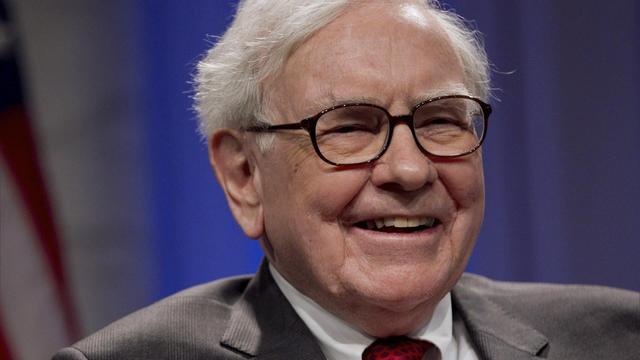When I started my career as an advertising copywriter I learned about the power of a campaign. While it is relatively easy to come up with a single idea to promote your client’s offerings, it is much more difficult to come up with a campaign.
To determine if an idea was campaignable, you had to come up with at least 3 executions based on the same conceptual idea that would allow you to broadly extend the advertising message. Think of the Got Milk? campaign, Allstate’s Mayhem campaign, or the way KFC recently reintroduced Colonel Sanders without the use of CGI, AI, or a mortician.
The campaignability of an idea is the difference between having a one-hit wonder, like Chumbawamba, and having something bigger and more useful, like Taylor Swift’s 44-song Eras Tour. (It’s funny that the Tubthumpers, who admitted to getting knocked down but claimed to get right back up again, only had one hit. Maybe it was the Whiskey drink, or the Vodka drink, or the Lager drink, or the Cider drink that did them in.)
The Rule of 3s
The campaignability rule of 3s is a great rule to apply to other areas of life as well. Because until you have had success in a specific area 3 different times you don’t have proof that you have a repeatable process for success.
For example:
Investors don’t know if they have a valid investment strategy until they have applied it successfully 3 times and gained the targeted rate of return on their money invested.
A coach doesn’t know whether their system truly works until they have had 3 teams or 3 athletes achieve great success following their process.
An artist doesn’t know how to create commercially viable or critically acclaimed art until they do it at least 3 times, without their parents buying their work.
A blogger can’t claim to have proof for their theory of 3s unless they can provide 3 examples, like the 3 I’ve listed above.
What Success 3 Times Means
Once you have had success with an undertaking 3 times, you have proven that you have a repeatable process. Once you have proof that your way works, your opinion carries more weight. You become a credible authority on that subject. In discussions and debates, your perspective has more value because it has been validated by your track record of success.
Investing
As an investor, I have had success buying stock in great companies in industries that have run into bad times. My first success was buying banking stocks during the housing crisis of 2008. I repeated that success with oil stocks in 2020. Then cruise line stocks in 2021. All of these have proven to be great investments. Which provides me with a validated approach that I could share with you.
Coaching
As a track coach all 3 of the girls who I have coached for 3 years have improved their discus throws by at least 45 feet. So I am confident in telling any young athlete I work with that wherever they start out, we will be able to improve at least 45 feet if they follow my system.
Advertising
In advertising, the approach that my team uses for developing brands has proven effective and helped drive business for our clients over and over and over again. So we are confident that our process can be applied to virtually any brand to help drive growth through marketing.
Key Takeaway
If you can achieve success in an area 3 times you have a proven process. Your experience is valuable and transferrable. Remember that you should only take qualified advice from someone who has successfully implemented the advice they are sharing with you at least 3 times. This indicates credibility and a high probability of future success. Anyone can get lucky once. But luck is not a safe bet.
*If you know someone who could benefit from this message, please share it with them.
+For more of the best life lessons I have learned check out my book, What Does Your Fortune Cookie Say? from Ripples Media.





